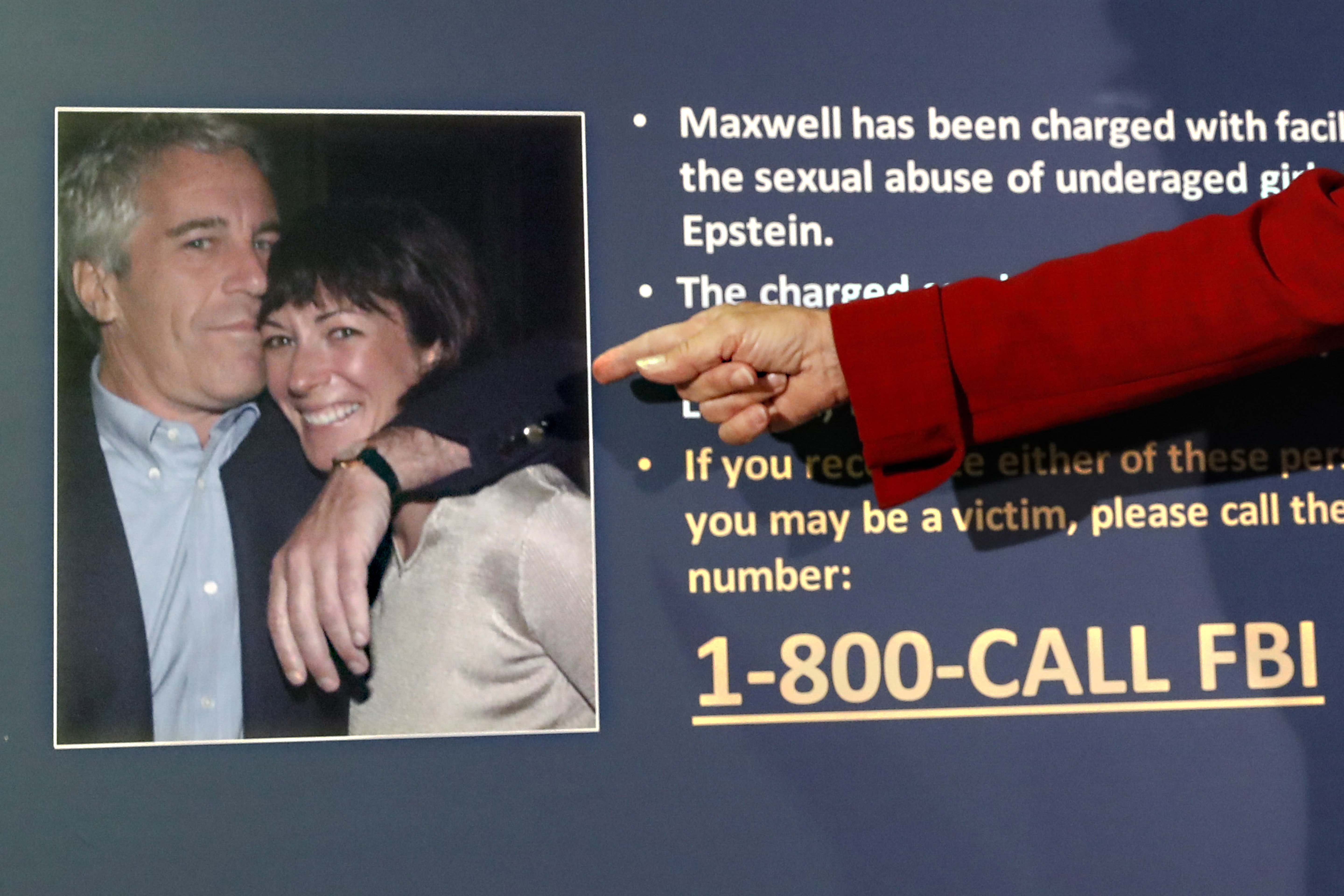You don't often see the Amish making headlines, especially in national media.
But in 2012, an Ohio Amish sect garnered quite a bit of attention when they were charged with "religious hate crimes".
The court found Samuel Mullet Sr. and 15 members of the Amish community he leads guilty of religious hate crimes after they attacked five other Amish and forcibly cut their beards.
But Wednesday the U.S. 6th Circuit Court of Appeals overturned the hate crime convictions for the 16 Amish.
The ruling says during the trial, "considerable evidence supported the defendants' theory that interpersonal and intra-family disagreements, not the victims' religious beliefs, sparked the attacks."
The court wrote that the jury was misinformed on how exactly Ohio's religious hate crime law worked and were given a broader definition than what the law stipulates.
U.S. Attorney Steven Dettelbach released a statement saying the victims "respectfully disagree with the two judges who reversed the defendants' hate crime convictions."
The Los Angeles Times described the dissenting judge's opinion as saying "Even though the Amish defendants said there were many reasons for the hair-cutting attacks — personal mistreatment, power struggles, family infighting — they would not have attacked their victims if the victims had not been Amish."
So, essentially, the dissenting judge says that even though there were reasons other than religion for the beard cuttings, they still attacked them over religion.
A sociologist explained the importance of beards in Amish society during an NPR interview and said they were a symbol for a male's manhood, and that cutting them "is a kind of humiliation."
As for the fate of the Amish currently serving their prison terms, The Plain Dealer reports defense attorneys will have to file a motion to free them, and there's a chance a second trial might follow.
This video includes an image from Getty Images.










